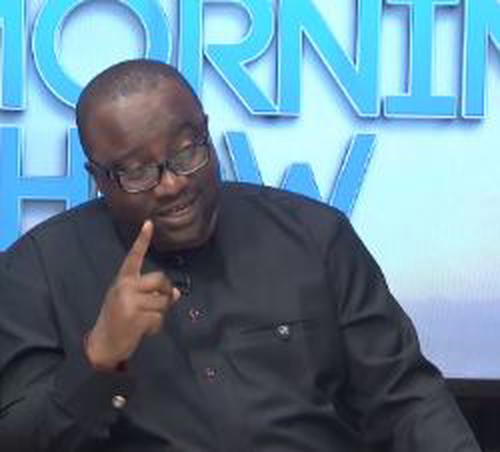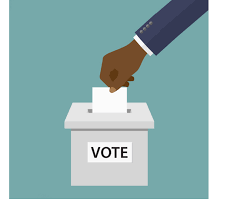
Activist and political scientist, Chima Amadi, has said that politicians drunk on a ‘winner-takes-all’ mentality pose the greatest challenge to Nigeria’s electoral process and democracy.
Amadi made the submission in a paper on “2023 General Elections Assessment of Political Landscape: Election Monitor’s Perspective”, at day two of the ongoing Nigeria Guild of Editors, NGE, conference in Uyo, Akwa Ibom state.
He also knocked security agencies, the media, the judiciary, the Independent National Electoral Commission, INEC, and Civil Society Organisations, CSOs, for lapses in the discharge of their duties which also compromised the election process.
Amadi said: “It is ironic that politicians pose the biggest threat to the democratic process. The winner-takes-all nature of our political system means that politicians gain the most incentives to subvert the process.
“And over the years they have demonstrated the willingness and desperation to subvert it.
“The ingenuity deployed by politicians to seek out the loopholes in the legal and regulatory framework is enormous. And their determination to find the gaps in the process cannot overemphasised.”
Politicians’ innovations
He said it was Nigeria’s politicians “that have designed the process of vote buying to circumvent innovation of card readers and BVAS. It is the politician that offers monetary inducements to stakeholders in the electoral process including the security agents and staff of the electoral commission.”
Amadi thanked the leadership of the Guild for inviting him to give the presentation at its 19th ANEC. He stressed that such conferences were important because they helped shape the national conversation.
He said in assessing the role played by key stakeholders in our election processes in the conduct of the 2023 elections, “it is also important to assess the roles played by key stakeholders in order to appraise the success of the election.
“We need to know who did what, when, where and how. We need to know which officials, or agencies performed their roles optimally and which did not.
“Stakeholders that worked in the electoral ecosystem can be categorised into about six groups. The media, the electoral umpire, security agencies, Civil Society Organizations/Observer groups, Politicians and the Judiciary.”
He noted that lack of capacity in one of the groups, however, does not stop others from functioning.
Amadi commended the positive role some CSOs play during elections, especially in encouraging voter turnout, carrying out voter education and sensitisation ahead of elections.
He regretted that there were instances where some CSOs promoted fake news or attacked political opponents, and hence heightened tensions.
Source: The Vanguard

